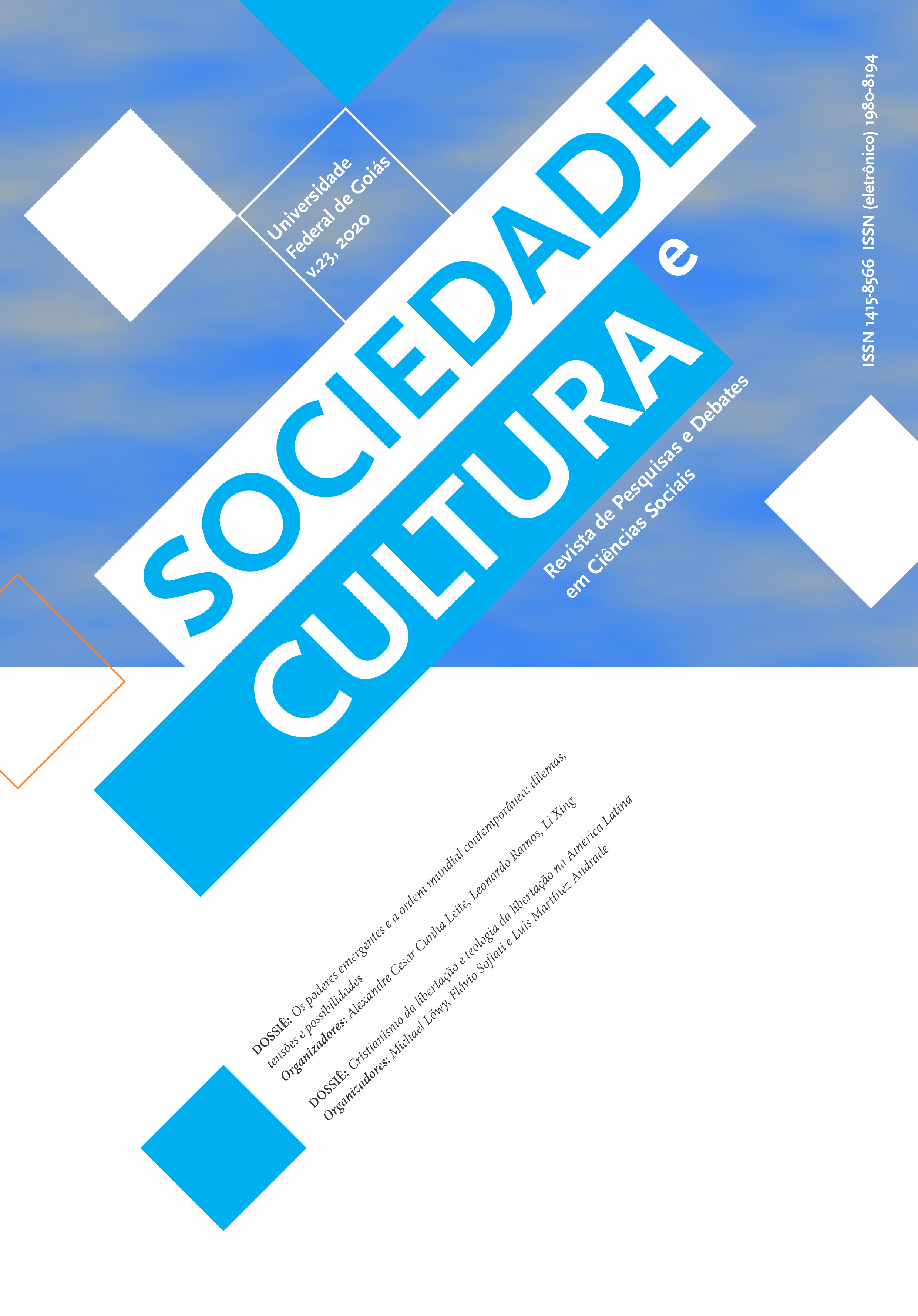"You will give birth in pain": Obstetric Violence Revisited
DOI:
https://doi.org/10.5216/sec.v23.60230Abstract
Faced with a social context in which instrumental births predominate, via cesarean surgery, in private hospitals and the “cascade of interventions” in vaginal deliveries in Brazilian public hospitals, the women’s
movement marked the beginning of the 21st century with the name “obstetric violence”. The understanding of obstetric violence ranges from physical, psychological, verbal, symbolic, sexual aggressions to negligence
in care, discrimination, excessive and inappropriate medicalization, adherence to obstetric practices that are not recommended, painful, harmful and not based on scientific evidence which are experienced at the time of pregnancy, childbirth, birth and postpartum. Aspects of this violence - with imposition of pain, suffering and preventable deaths - are legitimized by obstetric science and authorized by the State as assistance
to sexual and reproductive health. We argue that obstetric violence is a misogynistic act of punishment for women, the result of centuries of denial of their sexuality and the ability to decide. The purpose of the article is to reflect on how this political authorization was given to violate the bodies of women, as well as their naturalization and invisibility justified by science and certain obstetric practices. Being part of a broader research, historical analyzes of feminist nature were privileged, whose collection of knowledge allowed to track the process of elaboration of the concept and show how the intrinsic relations between childbirth and State policies, through the different assistance - public and private - coordinate the discipline over the
expropriated bodies of women.
Downloads
Downloads
Published
How to Cite
Issue
Section
License
Authors who publish in this journal agree to the following terms:
- Authors retain the copyright and grant the journal the right of first publication, the work being simultaneously licensed under the Creative Commons Attribution License, which allows the sharing of the work with acknowledgment of authorship and of the initial publication in this journal;
- Authors are authorized to enter into additional contracts separately, for non-exclusive distribution of the version of the work published in this journal (eg, publishing in an institutional repository or as a book chapter), with acknowledgment of authorship and of the initial publication in this journal;
- Authors are allowed and encouraged to post and distribute their work online (eg, in institutional repositories or on their personal page) at any point before or during the editorial process, as this can bring productive change as well as increases the impact and the citation of the published work (see O Efeito do Acesso Livre).



